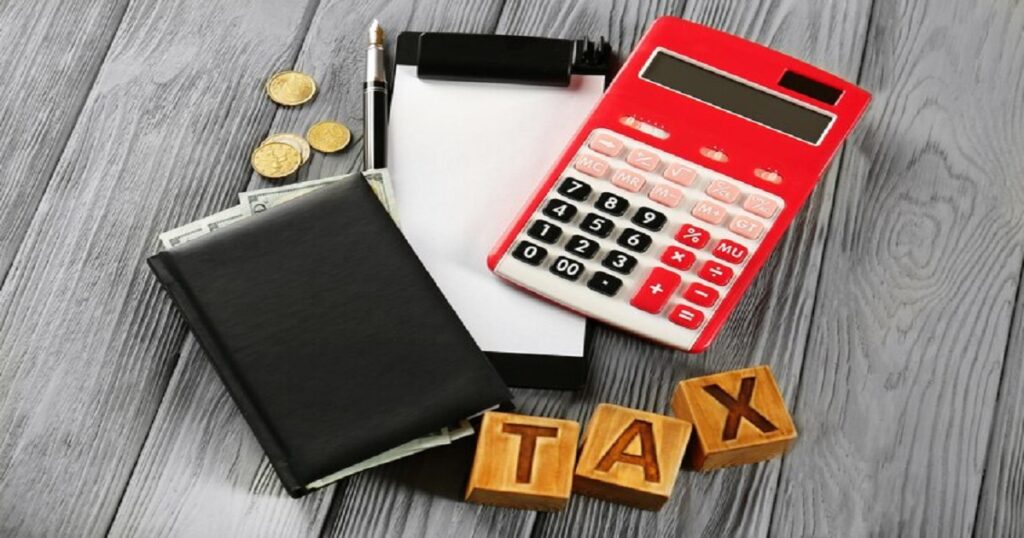As the popularity of cryptocurrencies like Bitcoin and Ethereum continues to rise, many Canadians are looking for ways to maximize their returns while minimizing their tax liabilities. Cashing out crypto without paying taxes is a topic of interest for many investors. Understanding the intricacies of Canadian tax law and employing strategic planning can help achieve this goal. This blog post delves into some key strategies and considerations for reducing your crypto tax burden in Canada, highlighting the role of a professional cryptocurrency tax accountant.
Understanding Crypto Taxes in Canada
Before diving into the strategies, it's crucial to understand how cryptocurrencies are taxed in Canada. The Canada Revenue Agency (CRA) treats cryptocurrencies as commodities, meaning transactions involving cryptocurrencies are generally subject to taxes. Whether you're buying goods or services, trading one cryptocurrency for another, or converting crypto into fiat currency, these activities can trigger taxable events. The profits from these activities are considered either capital gains or business income, depending on the nature of your transactions.
Strategies to Minimize Crypto Taxes
- Holding Period and Capital Gains: One of the simplest ways to minimize taxes is by holding your cryptocurrencies for a longer period. If your crypto investment qualifies as capital property, any profits from selling or trading them may be taxed as capital gains, which are subject to a lower tax rate compared to business income. The key is to hold your investments for more than a year, as this can demonstrate to the CRA that your intention was to invest rather than trade actively.
- Tax-Free Accounts: Utilizing tax-advantaged accounts such as Tax-Free Savings Accounts (TFSAs) can be a beneficial strategy. While direct investment in cryptocurrencies within a TFSA is not allowed, you can invest in crypto-related stocks or ETFs. The gains from these investments are not subject to taxes, allowing you to benefit from crypto market movements without incurring tax liabilities.
- Personal Use Property: For small transactions, cryptocurrencies can sometimes be classified as personal use property. If the value of the cryptocurrency is less than $1,000 and it's used to purchase personal goods or services, the transaction may not be taxable. However, this strategy has limitations and requires careful consideration to ensure compliance with CRA regulations.
- Charitable Donations: Donating cryptocurrencies to registered charities can provide significant tax benefits. When you donate crypto, you may receive a charitable donation receipt for the fair market value of the donated cryptocurrency, which can be used to offset your taxable income. This strategy not only supports charitable causes but also helps in reducing your tax burden.
- Offsetting Gains with Losses: Tax-loss harvesting is a technique where you sell underperforming assets to realize losses, which can then be used to offset capital gains from other investments. By strategically realizing losses, you can reduce your overall tax liability. It's important to note that there are specific rules regarding the repurchase of sold assets, known as the superficial loss rule, which must be adhered to.
- Moving to a Crypto-Friendly Jurisdiction: Some Canadians consider relocating to jurisdictions with more favorable tax treatments for cryptocurrency transactions. While this strategy is more extreme, it can be effective for those who are heavily invested in cryptocurrencies. However, moving comes with its own set of challenges and expenses and should be carefully evaluated.
The Role of a Cryptocurrency Tax Accountant
Navigating the complexities of crypto tax in Canada can be challenging. Engaging a specialized crypto accountant is crucial to ensure compliance with CRA regulations and to identify opportunities for tax savings. A cryptocurrency tax accountant in Canada can help you:
- Accurately Report Transactions: Properly documenting all your crypto transactions is essential. A crypto accountant can help you maintain detailed records, ensuring accurate reporting and reducing the risk of audits.
- Optimize Tax Strategies: By understanding your unique financial situation, a crypto accountant can recommend tailored strategies to minimize your tax liability.
- Stay Updated with Regulations: Cryptocurrency regulations are continually evolving. A specialized accountant stays abreast of changes in tax laws and ensures that your tax strategies remain compliant and effective.
- Handle Audits and Disputes: In the event of an audit or dispute with the CRA, having a knowledgeable crypto accountant by your side can significantly improve your chances of a favorable outcome.
Conclusion
While completely avoiding taxes on cryptocurrency transactions in Canada is unlikely, there are several strategies to reduce your tax liability legally. Holding your investments for longer periods, utilizing tax-free accounts, making charitable donations, and employing tax-loss harvesting are all viable methods. Engaging the services of a qualified cryptocurrency tax accountant in Canada is essential to navigate the complexities of crypto taxation effectively.
By understanding the tax implications and employing smart strategies, you can maximize your returns and minimize your tax burden. Whether you're a casual investor or heavily involved in the crypto market, staying informed and proactive about your tax obligations is key to successful cryptocurrency investing in Canada. For personalized advice and comprehensive tax planning, consult with a professional crypto accountant who can guide you through the intricate landscape of crypto taxes in Canada.


